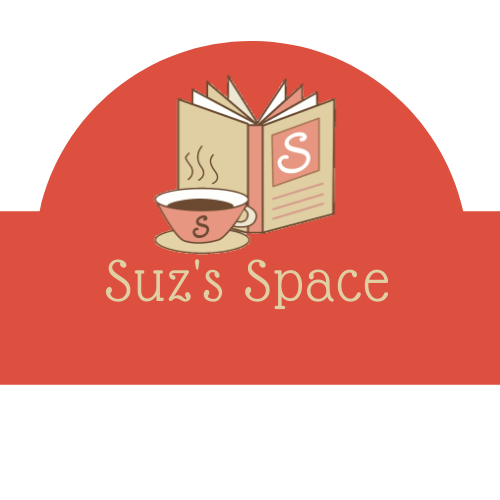Here is where I take a paragraph, at random…actually, I lie, today’s paragraph is almost at random. I found a paragraph I wanted to use but it was a comment on a fan fiction and although it was brilliant I felt it wasn’t right to use the entire comment. Instead I flipped some more pages to something completely different and found this paragraph.
I needed to learn English to get by, but also to respond to the strong lifelong pull I’ve felt towards this language. But to claim to love a language that is not your mother tongue is an unconventional and somewhat unacceptable claim. Like abandoning the lush velvet green rice fields to fall for the khaki eucalypts that lack all the elements of intensity, uniformity and mass for a long-lasting impression. Or throwing out your own baby to adopt another’s. I felt compelled to dig in to find a good reason, for otherwise am I not being false to myself?
So much to love about this paragraph. The first thing is that it is beautifully written. The sentences are good and the analogies work well for me. I really appreciate the comparison of the green rice fields with the khaki eucalypts. I’ve only seen Vietnam in movies or in photos on the web, what I’ve seen is very green. Australia is not as green, khaki describes our green well.
But the part about loving a language that is not your own resonates. I’ve heard so many friends liking a language that is not their mother tongue, it just seems to be what happens. You know, something that many people do. Bear in mind almost everyone I’m talking about grew up with English as their mother tongue and love another language. But I’m always really apologetic about English being the international language. It is such a mongrel language having stolen bits of a number of other languages and then mangled them, sometimes beyond comprehension. This can make it very hard to learn and incredibly hard to pronounce. We have rules that are broken. And when thinking of people such as the author, I often wonder how they pronounce words I’ve known since birth. And how do they learn how to change the pronunciation of words that have the same spelling but different meanings? So, when someone such as Nguyen confesses a love for English I am intrigued at how this came about.
And then how does one become proficient enough in another language to be able to write in it? Don’t ask me. I struggle with other languages, I’ve tried often enough but just can’t do anything more than English. I’m in awe of people who have multiple languages.
This paragraph came from the article ‘In Peopled Places’ by Dawn Nguyen. It was published in The Victorian Writer August- September 2019.

